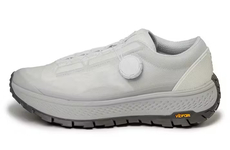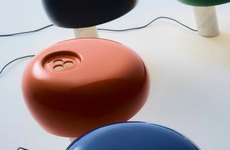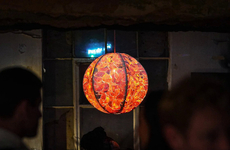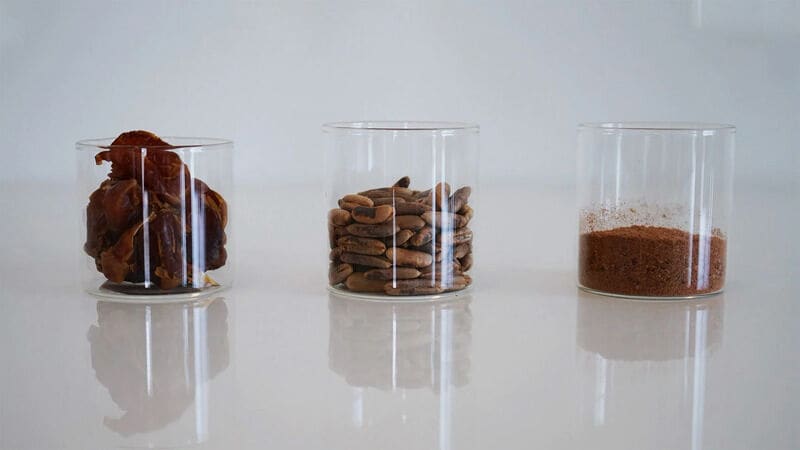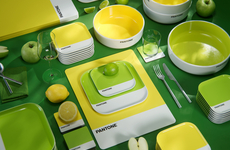
Nawa Created RePit, a Plastic-Free Filament for Printing
Amy Duong — October 22, 2024 — Art & Design
Omani design studio Nawa has created the RePit, which is a sustainable plastic-free filament that is used for 3D-printing processes. The team uses waste date seeds which are showcased during Dutch Design Week. The composite material is made to offer a more sustainable option when it comes to thermoplastic filaments used by 3D printers building objects by layer.
Al Hinai explained that the date seeds are first crushed and then blended with natural Omani clay and palm fiber materials in order to create a lime mortar with a traditional water resistance dubbed sarooj. He shares, "Sarooj is something we use back home, usually for building houses.The material has zero plastic in it and is made from only natural materials."
Image Credit: Nawa
Al Hinai explained that the date seeds are first crushed and then blended with natural Omani clay and palm fiber materials in order to create a lime mortar with a traditional water resistance dubbed sarooj. He shares, "Sarooj is something we use back home, usually for building houses.The material has zero plastic in it and is made from only natural materials."
Image Credit: Nawa
Trend Themes
1. Sustainable-3d-printing Materials - Exploring waste date seeds for 3D printing, as showcased by Nawa's RePit, underscores the potential for greener manufacturing.
2. Plastic-free Products - RePit presents a compelling shift towards entirely plastic-free alternatives in industrial applications, promoting environmental conservation.
3. Local-traditional Techniques - Utilizing local materials like Omani clay and palm fiber revives traditional building methods, making them relevant in modern technological contexts.
Industry Implications
1. 3d-printing - The inclusion of natural composite materials like RePit's date seeds and clay mix is redefining material choices for 3D-printing industries.
2. Sustainable Manufacturing - RePit's development highlights a growing trend in manufacturing sectors to incorporate zero-plastic, eco-friendly materials.
3. Construction - The adaptation of traditional materials such as sarooj in 3D printing opens new avenues for innovative construction techniques.
7.4
Score
Popularity
Activity
Freshness

